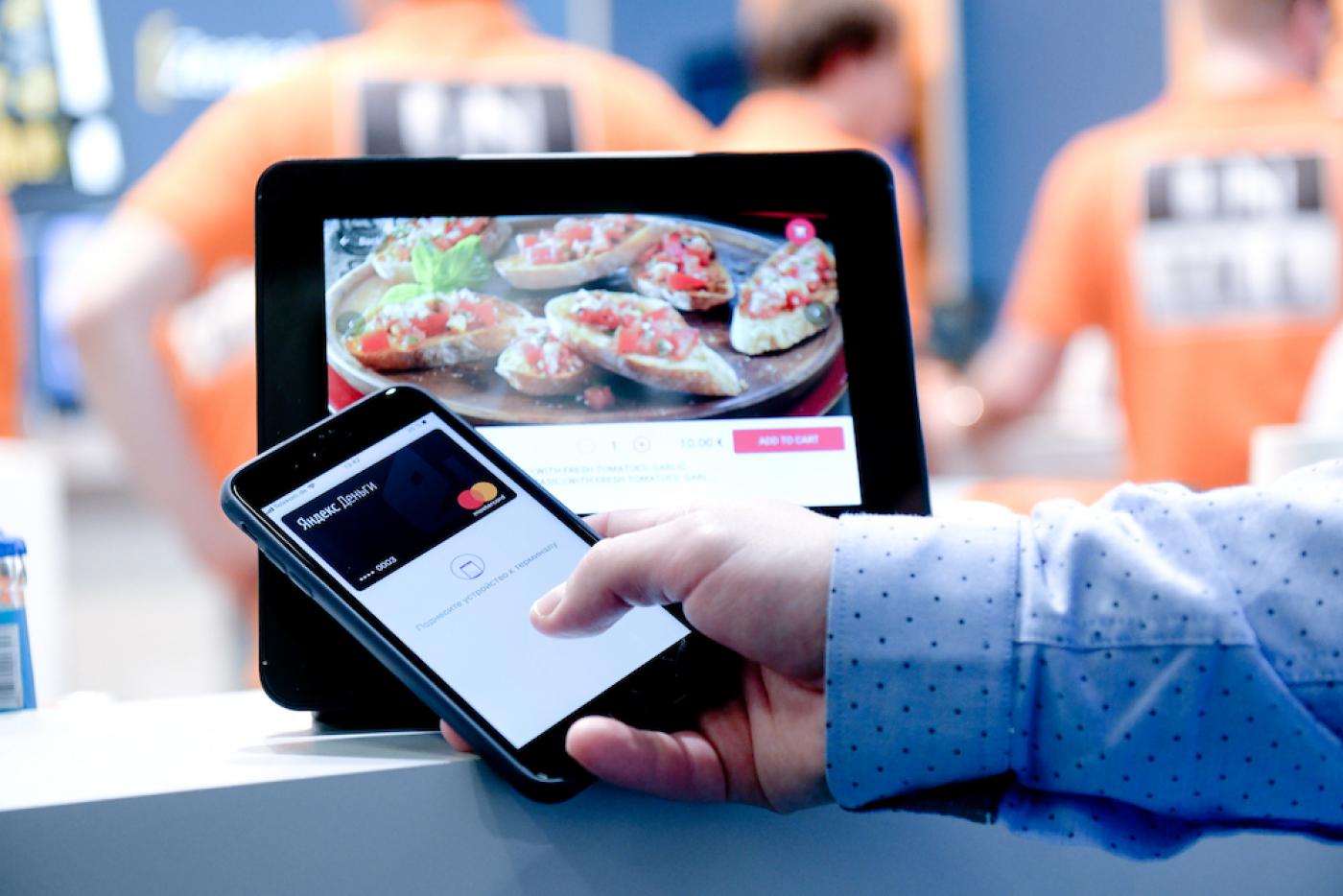Consumers are better informed and have higher expectations in terms of taste and quality, according to Karin Tischer, who researches food trends. New taste experiences, such as international dishes prepared with regional ingredients, are sought after. Local manufacturers who specialise in foreign but familiar foods such as buffalo mozzarella or regional quinoa, are trending. Creative marinades, spice mixtures and exotic spices play a key role in new aroma worlds. The rediscovery of fermentation is also making a significant contribution to more intense food flavours. Exciting new discoveries are reviving the market in the long-term. One of the most recent examples is pinsa, which is taking Europe by storm as an alternative to pizza.
This year's Internorga, which was held in the Hamburg exhibition halls, ended Wednesday (May 4) and featured around 900 exhibitors who provided lots of food for thought given the changing consumer and consumption behaviour. The industry report, Internorga Food Zoom 2022, published to coincide with the international trade fair for the out-of-home market, highlights four key trends for the catering and hotel industry in future.
#1 Taste unlimited – desire for enjoyment and taste

#2 Digiverse – digital world of foodservice and hospitality market
Digitalisation has experienced a real boom since 2020. The INTERNORGA FoodZoom demonstrates the extent to which "Digiverse" has penetrated everyday life in restaurants, the hotel industry, bakeries and pastry shops. Regardless of whether it is planning takeaways and delivery, process optimisation in kitchens or compensating for lack of staff – a sustainable, efficient and future-oriented business is not possible without digital support. At the same time, the digital cosmos brings high demands. The challenges are financial, cognitive, operational or emotional and must be accounted for. Digitalisation offers enormous opportunities and remains a driver of innovation. Developments in artificial intelligence, automation and robotics, as well as augmented reality, are turning the catering world upside down.
#3 Healthy and delicious
Health-oriented nutrition is popular among young and old and remains important for the foodservice and hospitality market. Especially during the pandemic, the demand for food that provides energy and vitality has increased. Plant-based, vegan and vegetarian products are everywhere and the range of offers is constantly growing. Major restaurant chains are introducing vegan versions of their meat-heavy signature products. The beefburger now has a vegan counterpart. At the same time, manufacturers offering even greater variety, innovations and improved quality of plant-based nutrition. Apart from the familiar plant-based alternatives to sausages, poultry and other meats, vegan alternatives to fish products have recently become established. Products made from algae, for instance, are conquering the market and bringing creativity to the plate. The "Back 2 Nature" trend, which focuses entirely on the use of natural plant ingredients, completely avoids additives or imitations of animal products.

#4 Sustainability – the image battle
Sustainability is on everyone’s lips and has established itself as a megatrend all over the world. Driven by the immediate and devastating consequences of climate change, society and business have begun to rethink their approaches. Multi-layered and complex, the topic impacts the entire value chain. Regardless of waste management, recyclable packaging materials or resource-saving activity – consumers expect solutions. And that means establishing creative solutions in the restaurant and hotel industry. Reusable cups and bowls for deliveries and takeaways, as well as clothes hangers, napkins and cutlery pouches made from renewable raw materials, are on rending and will be under the spotlight at next year's Internorga from March 10-14, 2023.
mb/sb/pb
Sources and further information
More
Similar articles

Five groundbreaking technology trends in 2022

Internorga 2022 to present "outdoor as new indoor" during fair

Bicycles preferred means of transport in Hamburg
